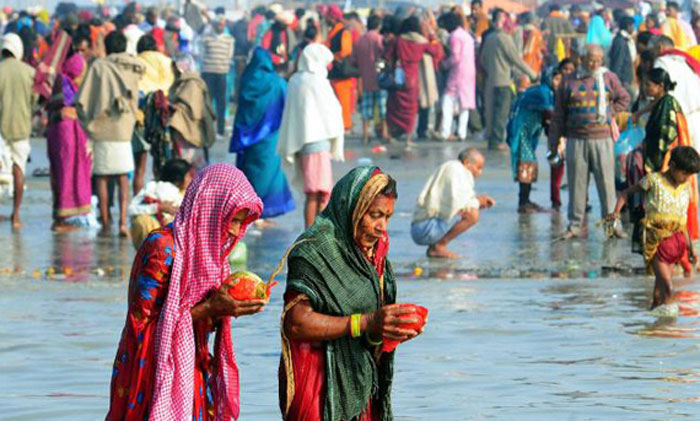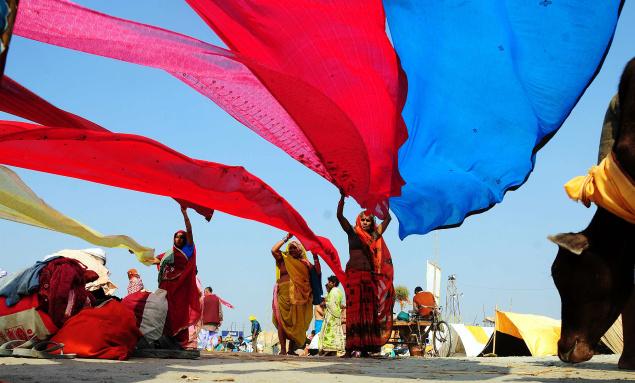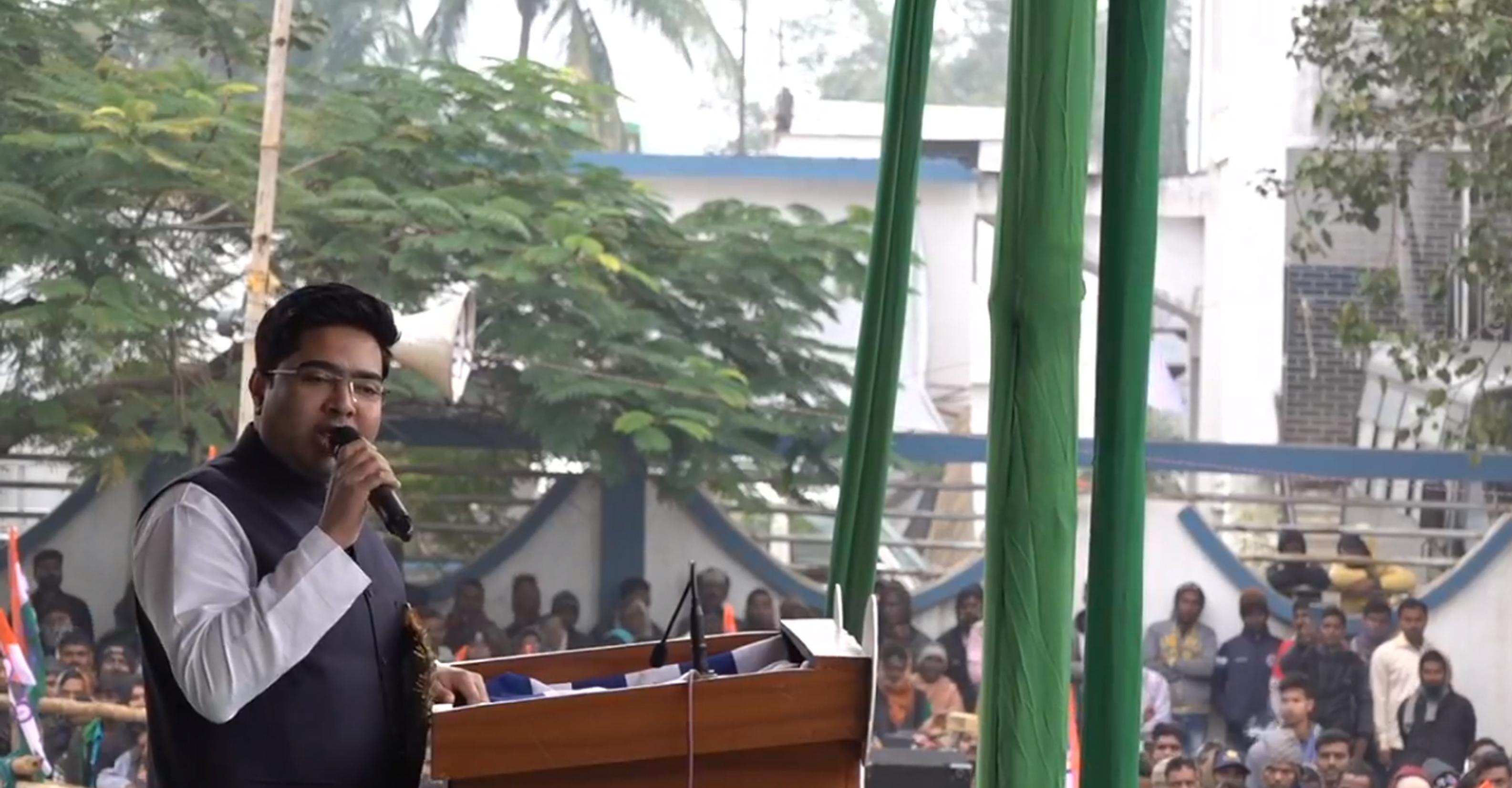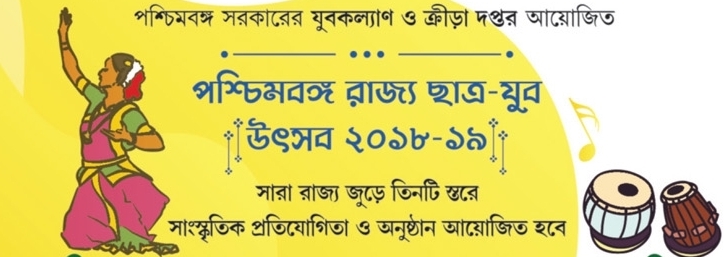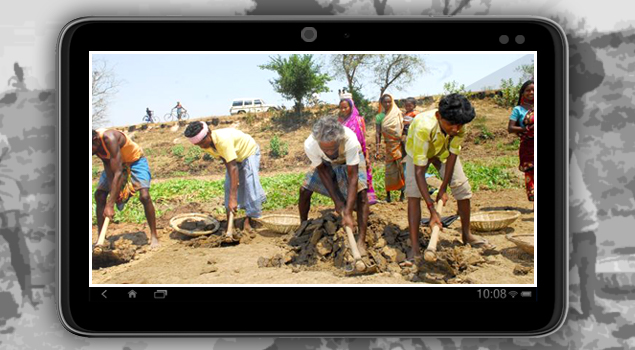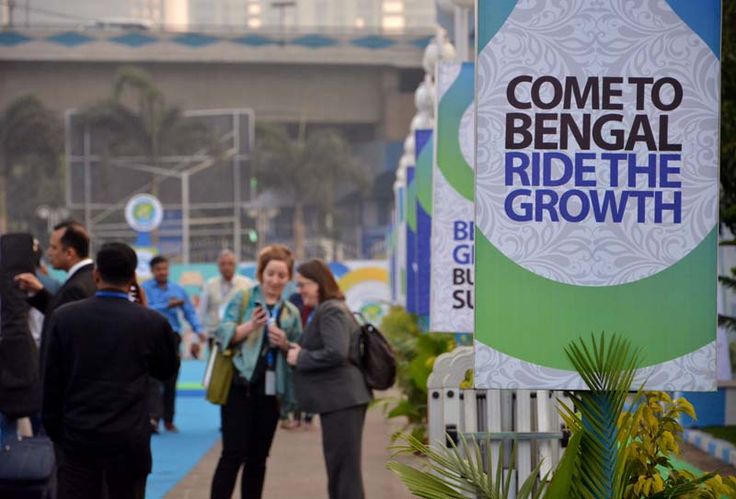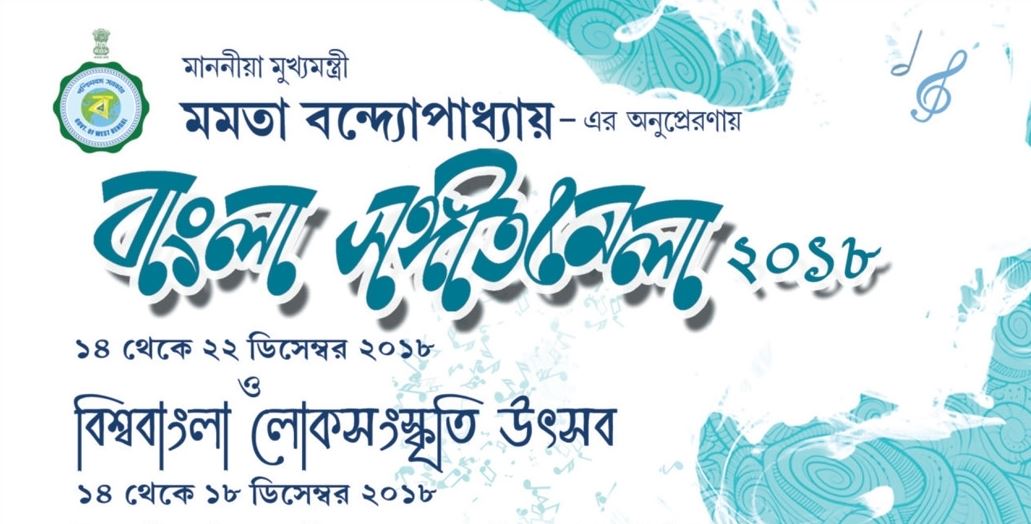National President of Trinamool Youth Congress, and MP, Abhishek Banerjee today addressed a rally at Goaltore. This was a preparatory meeting ahead of the mega rally at Brigade Parade Grounds on January 19,2019.
Highlights of Abhishek’s speech:
I have addressed many public rallies in Paschim Medinipur district in the past. However, I have no qualms in admitting that today’s turnout has broken all records of the past.
People have braced torrential downpour to come to today’s public meeting. The attendance of women today is exemplary.
I have always maintained that the workers, supporters and well-wishers of Trinamool who are in front of the stage are the assets of the party.
Trinamool does not have any ‘number two’ leader. We have only one leader – Mamata Banerjee. Rest of us are all workers of the party.
It is because of the tireless dedication and determination of our workers that Trinamool came back to power for a second term.
It is because of the sacrifice, passion and spontaneity of our workers that the flag of Trinamool has reached every nook and corner of the State.
Those who have helped us establish Trinamool in the grassroots, with the slogans of Mamata Banerjee Zindabad and Trinamool Congress Zindabad, are the real assets of the party.
I have said this earlier. Our old workers have a bigger right on the party compared to others. It is also our responsibility to accommodate the new workers according to their capabilities. Mamata Banerjee has maintained that our party will be strengthened by the collective responsibility of old and new workers.
The new workers must be aware of the party’s history, and Mamata Banerjee’s struggles. If someone thinks they will join the party for benefits, the door of the party will be closed for them.
One day an MLA will become former MLA, MPs will become former MPs and ministers will also become former ministers. But the workers and supporters of the party will never become former. They are the present, and they are the future. This is their identity.
Today we have gathered here for the preparation of upcoming rally at Brigade Parade Grounds on January 19. Last time Mamata Banerjee had organised a Brigade rally on January 30, 2014.
The Brigade rally is being organised to give a call to oust the communal BJP out of power at Centre.
Leaders of several Opposition parties will be present at the Brigade rally to strengthen Mamata Banerjee’s stand against the Centre. Several Chief Ministers will be present.
It is our resolve to uproot communal BJP from power at Centre, just like we ousted the CPI(M) from power in Bangla in 2011.
Undivided Medinipur has a rich history. BJP has not been able to blacken the heritage of this historic land despite several attempts.
This is the land of martyr Matangini Hazra, Khudiram Bose, Ishwar Chandra Vidyasagar, Sushil Samanta, and others.
We are ready to lay down our lives, but we will not bow our heads down.
You all know the drubbing BJP received in the three States of Madhya Pradesh, Rajasthan and Chhattisgarh.
BJP claims to be the flag-bearers of Hinduism. 92% voters in Chhattisgarh are Hindus. 94% of the voters in Madhya Pradesh are Hindus. 91.7% voters in Rajasthan are Hindus. But people rejected BJP in these States. People have understood that voting for BJP is a self-defeating exercise.
In the name of Rath Yatra, they have brought a 7 star AC luxury bus from Delhi. We have heard of Rath Yatra of Shri Jagannath or Shri Krishna. But in the name of rath, communal asuras of Bangla will be rising a luxury bus. People of Bangla can see through this facade.
We have to be alert. They cannot compete with us in terms of development. We have fulfilled the promises that we made before coming to power.
We had said we will establish peace in Jangalmahal. We have done that. We had promised we will return the land in Singur. We have done that. We had said we will build roads in rural areas. We have done that. We had promised we will supply uninterrupted power supply to rural households. We have done that.
The Modi Government has pushed the country to the brink of economic disaster in the name of achhe din. We respect tea sellers, but in the name of selling tea, Narendra Modi came to power. We have never seen him selling tea. But Mamata Banerjee continues to live in a humble residence with tiled roof, wear simple sarees and hawai chappals.
We have never seen any CM during the Left rule, or even before that, conduct administrative review meetings in the blocks and districts along with her entire team of officials. There are 28 other States in the country. No one can match Bangla in terms of development.
BJP only speaks of communal politics. They want to incite riots and create divisions. They do not want development. They want Bangla to lag behind, just like the CPI(M). We will not allow that to happen. We will put up resistance against them.
Mamata Banerjee has carried out development in every corner of the State. She has worked for people from every strata of the society. She has started schemes from birth to death – from Kanyashree to Yuvashree, Nija Griha Nija Bhoomi to Gatidhara, Sabuj Shree to Baitarani.
Mamata Banerjee does not indulge in appeasement politics for the sake of votes. She has given Kanyashree scholarships, Sabuj Sathi cycles, shoes and uniforms to school students. They do not have voting rights. Mamata Banerjee wants them to become better citizens when they grow up. This is the difference between her and other leaders.
Netaji had said, “Give me blood and I will give you freedom.” The motto of BJP is “Give me votes and I will unleash bloodshed.” While Mamata Banerjee says, “Give me 42 out of 42 seats and I will give you a united, progressive, secular, peaceful India.”
Nobody has been able to stop Mamata Banerjee. BJP has used the CBI, ED, IT and other agencies against her, but failed. She inspires us with her life of struggle. One cannot become Mamata Banerjee just by delivering a few speeches. She is the pride of Bangla.
I will appeal to all our workers to be active in your booths and ensure Trinamool wins 42 out of 42 seats.
Even today our MPs have sat on a dharna in Parliament to protest against the agrarian crisis in the country. What has Modi done? He waived loans of crorepatis. Our CM waived khajna tax on agricultural land and did away with the mutation fee.
Those who claim to be the flag-bearers of Hinduism, what have they done for Hindus? A 3000 crore scam in the name of Namami Gange project. We are not atheists like the CPI(M). Neither do we sell religion for votes. Mamata Banerjee has taken several initiatives for Hindus – from a skywalk in Dakshineswar to development of Gangasagar. She is also planning a new skywalk at Kalighat and has also developed Tarapith.
We work for Hindus, Muslims, Sikhs, Christians, Buddhists, Jains – everyone. Swami Vivekananda has taught us to be tolerant and respectful of all religions. Modi used Swami Ji’s name for garnering votes. But after coming to power did not show any respect to him. Mamata Banerjee gave due respect and recognition to Belur Math.
What was the condition of Jangalmahal earlier? There was anarchy and bloodshed. Peace has returned in the last seven years. There is a tide of development under Mamata Banerjee. We have to strengthen her in the future by winning 42 out of 42 seats. Join the mega rally at Brigade grounds on January 19. Let Paschim Medinipur have a historic participation.
I had said, Du hajar unish, BJP finish. But they have fizzled out in 2018 itself. The party itself will go into oblivion in the future. They forced the entire country to stand in queues during demonetisation. 152 lives were lost. All were Hindus. 180 children died due to lack of oxygen at Gorakhpur hospital. They were Hindus. 8 farmers were killed in Madhya Pradesh; they were Hindus. And they talk about protecting Hinduism?
We have to prepare us for the upcoming elections. We are ready to give our lives, but we will never allow Bangla to be divided. Those who oppose Mamata Banerjee will face a drubbing.
We won 19 seats in 2009, 34 in 2014. Now our target should be to win all 42 seats.
Du hajar unish, BJP finish. BJP hatao, desh bachao, RSS hatao, desh bachao.

